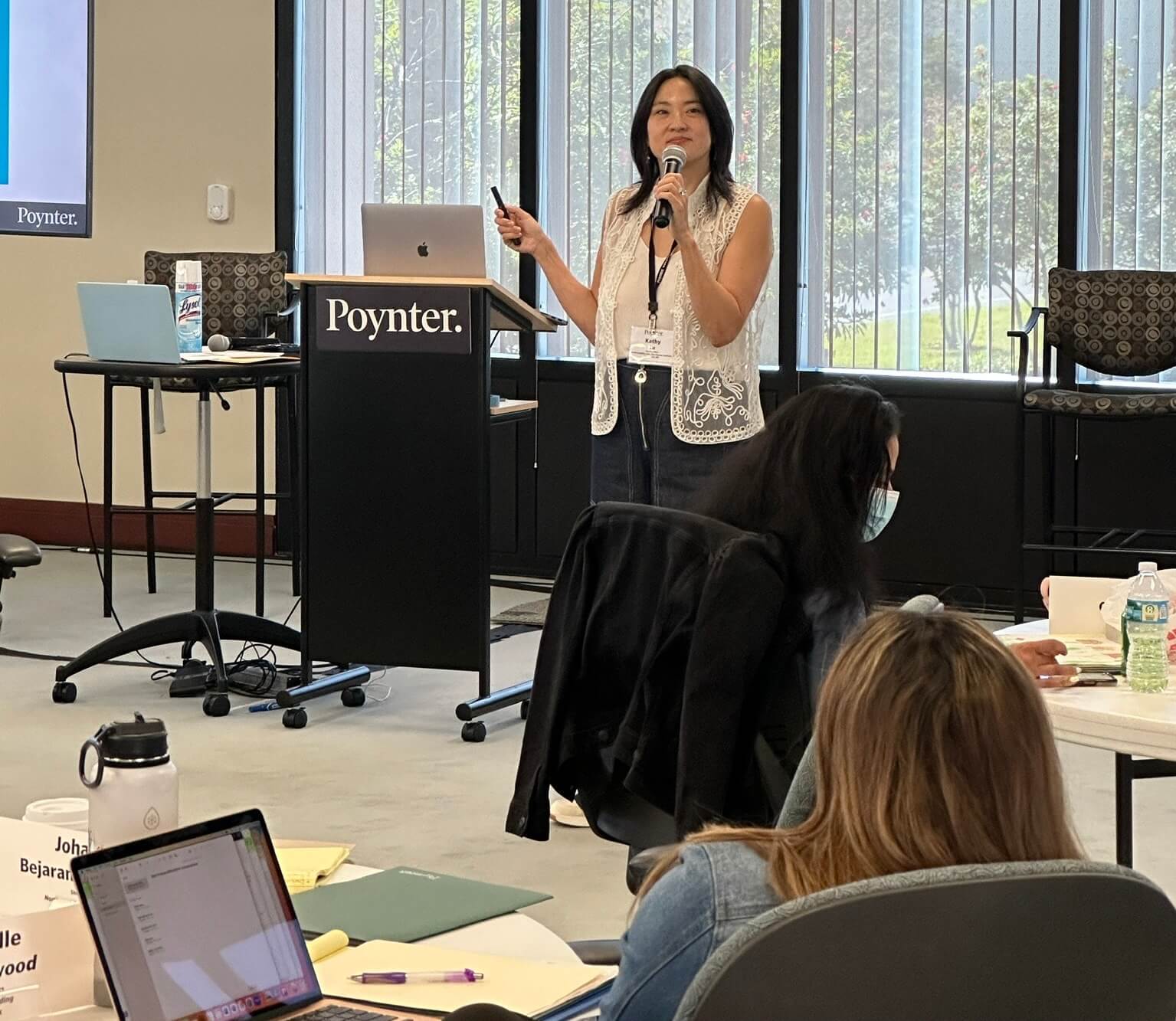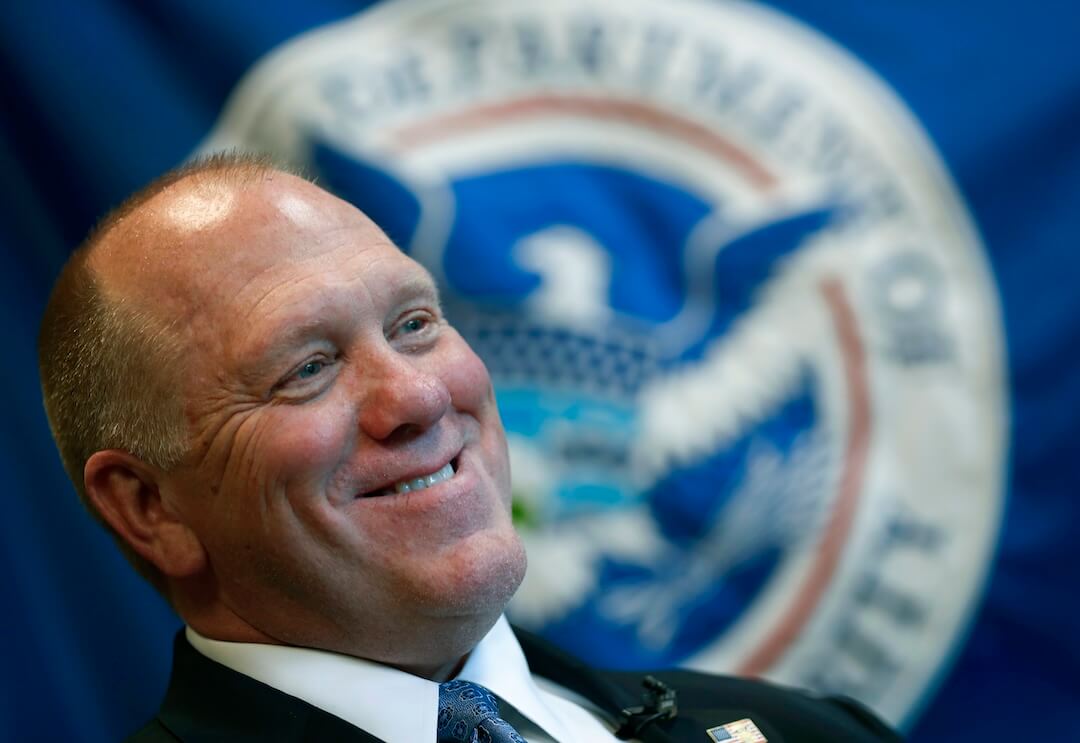Human Rights Watch
So far, Russia’s discrimination against the LGBT community has made lots of news leading up to the Sochi 2014 Olympics. But a report out Friday from Human Rights Watch highlights several other disturbing things happening there.
Among them, “Restrictions on Freedom of Assembly, Association, and Expression.”
The International Olympic Charter requires all Olympic hosts to guarantee full press freedom. However, Sochi authorities have harassed some activists and journalists who criticized or expressed concerns about preparations for the Games.
Although media coverage of preparations for the Olympics is diverse, with some media establishments critical of preparation for the Olympics and others eschewing such coverage, Human Rights Watch spoke to editors, journalists, bloggers, and staff of news outlets who have faced threats and harassment after publicizing violations or concerns about the Olympics or other issues of concern in Sochi.

- In 2011, construction was underway on the Olympic skating center in Sochi. (AP Photo/Misha Japaridze, File)
In November, The Guardian’s Roy Greenslade wrote about the treatment of two journalists from Norway’s TV2.
Over the course of three days Oystein Bogen and Aage Aunes, reporter and cameraman respectively of Norway’s TV2, were stopped by police six times. They were arrested on three occasions.
They were questioned about their work plans in Sochi and other areas, their sources, and in some cases about their personal lives, educational backgrounds, and religious beliefs. One official threatened to jail Bogen.
On Nov. 6, Reuters reported that officials from Russia apologized for how the two journalists were treated. In a statement to Reuters, Russia’s Foreign Ministry said “We would like to assure you that the executive authorities of the Russian Federation will take all necessary measures to avoid the repetition of similar cases in the future.”
“Reporters’ Guide For Covering the 2014 Winter Olympic Games in Sochi, Russia” also looks at the following issues, with resources included: exploitation of migrant workers to transform the resort town, the impacts of construction of health and property for people who live in the area, involvement of people with disabilities in planning the Paralympics, and continued concern over Russia’s anti-LGBT “propaganda” law.
The 2014 Winter Olympics begins Feb. 7, and the games’ Twitter feed is usually well-updated, if things sometimes get a bit lost in translation.
#sochi2014 countdown clocks … tick tack … Less then 33 days to go to winter #olympics in #Sochi #SeeYouInSochi pic.twitter.com/4lCRz2Wezc
— Sochi 2014 (@Sochi2014) January 5, 2014






